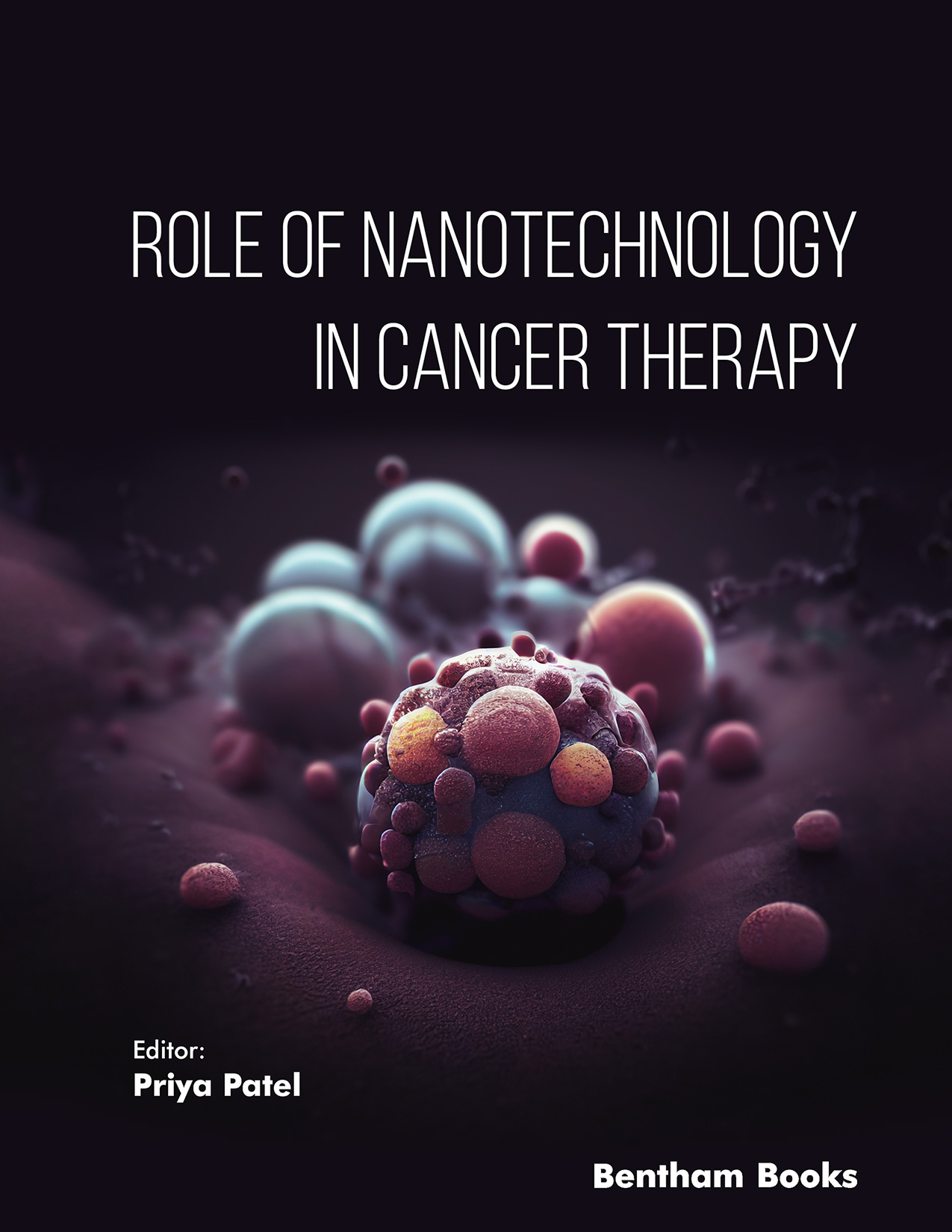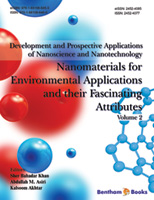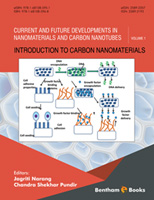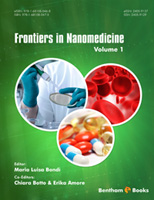Nanotechnology has advanced at such a quick pace that major changes have been witnessed in recent years. In the early 2000s, there was a boost in public awareness and discussion around nanotechnology, which led to the first commercial applications of the technology. Nanotechnologies contribute to almost every field of science, including physics, materials science, chemistry, biology, computer science, and engineering.
On a global level, Cancer is a primary cause of death and poor quality of life. Despite the fact that various ways have been established to reduce mortality, chronic pain and improve quality of life, there is still a gap in the adequacy of cancer medicines. Early diagnosis of cancer cells and drug application with high specificity to prevent toxicities are two critical stages toward assuring optimal cancer treatment. Other techniques, such as nanotechnology, are being used to improve diagnosis and attenuate disease severity due to increased systemic toxicities and refractoriness with current cancer diagnostic and therapeutic tools. Nanoparticles are rapidly being developed and tested to circumvent various limitations of existing drug delivery systems, and they are emerging as unique cancer treatments. Nanotechnology has opened a new era of cancer targeting.
Cancer nanotechnology is being eagerly investigated and utilised in cancer treatment, signifying a significant advancement in the disease's detection, diagnosis, and treatment.
With the use
of nanotechnology in medicine,
scientists hope to prevent illness and more quickly diagnose, control and treat disease with fewer side effects. The current trend in nanoparticle research parallels these goals and concentrates on issues associated with drug delivery. As the area of nanoscience, nanotechnology and nanomaterials is a fast-developing one, an approach that equips the large volume of information is essential. With this view, while providing a broad perspective, the book emphasizes the basics of nanoscience and nanoscale materials and also
introduces several different types of nanoparticles and their utility in various types of Cancer.
This report presents guidelines for enhancing nanotechnology's utility in cancer research in order to improve the understanding of cancer biology, prevention, detection, and treatment. The book Nanotechnology for Cancer Therapy focuses on the most promising nanoscientific and nanotechnological solutions for cancer imaging and treatment. Nanotechnology, among the several options examined, has significant promise for the targeted delivery of medications and genes to tumour areas, as well as the eventual replacement of chemotherapeutic agents plagued by side effects.
This collection brings together the knowledge of world-renowned academics and researchers to produce a complete treatise. The book is structured into eight sections and consists of 11 chapters.
-
- Basic cancer pathophysiology, includes the current challenges and opportunities in cancer treatment.
-
- Recent advances in multifunctional Nanomedicine include the development and advancement in microneedle-assisted drug delivery systems used in cancer treatment.
-
- Nanotechnology-Based Inhalation approach for the treatment of lung cancer along with their opportunities And challenges.
-
- Mesoporous Based Drug Delivery along with their methods and characterization for the Prostate Cancer.
-
- Current opportunities and challenges of Nanotechnology in Skin Cancer Treatment along with future outlook.
-
- Nanofibre approach and its applicability in Gastric Cancer.
-
- Fundamentals of targeting strategies, Nanomedicine-based use of siRNA in Cancer along with the role of ligand and dendrimer in the tumour targeting.
-
- Various regulatory aspects of Nanoformulations, including past failure, current challenges and standards, along with the global strategies for nanoparticle regulation.
This book was written to provide comprehensive knowledge to all readers involved in pharmaceutical and nanotechnology sciences. Students, research scholars and research scientists may benefit from the material available in this book for the use of this knowledge in more advanced research that could be financially and socially advantageous.
Priya Patel
Department of Pharmaceutical Sciences
Saurashtra University, Rajkot – 360005
Gujarat
India




